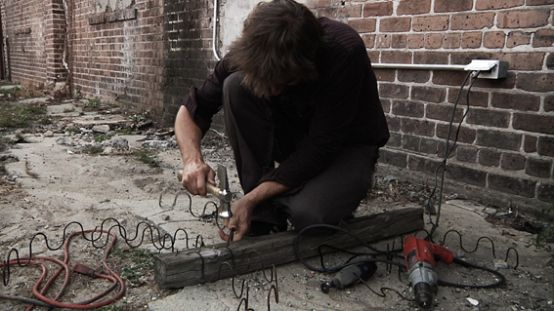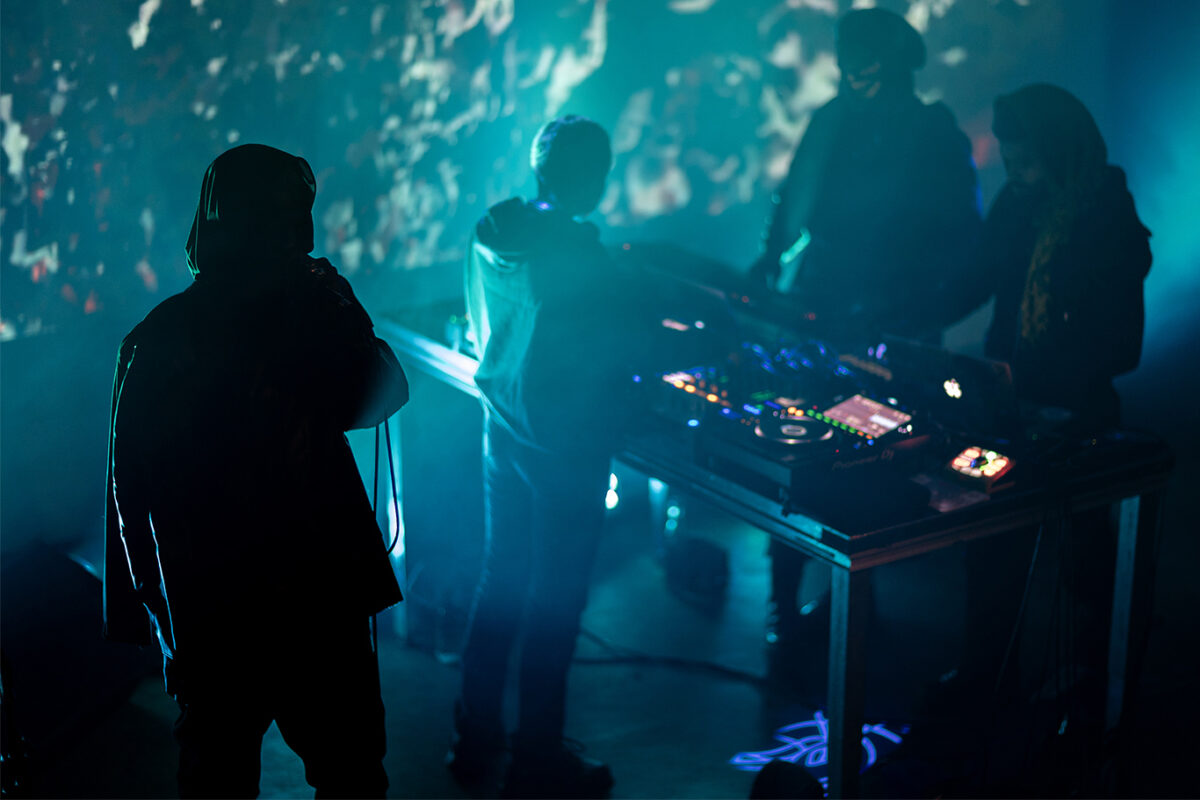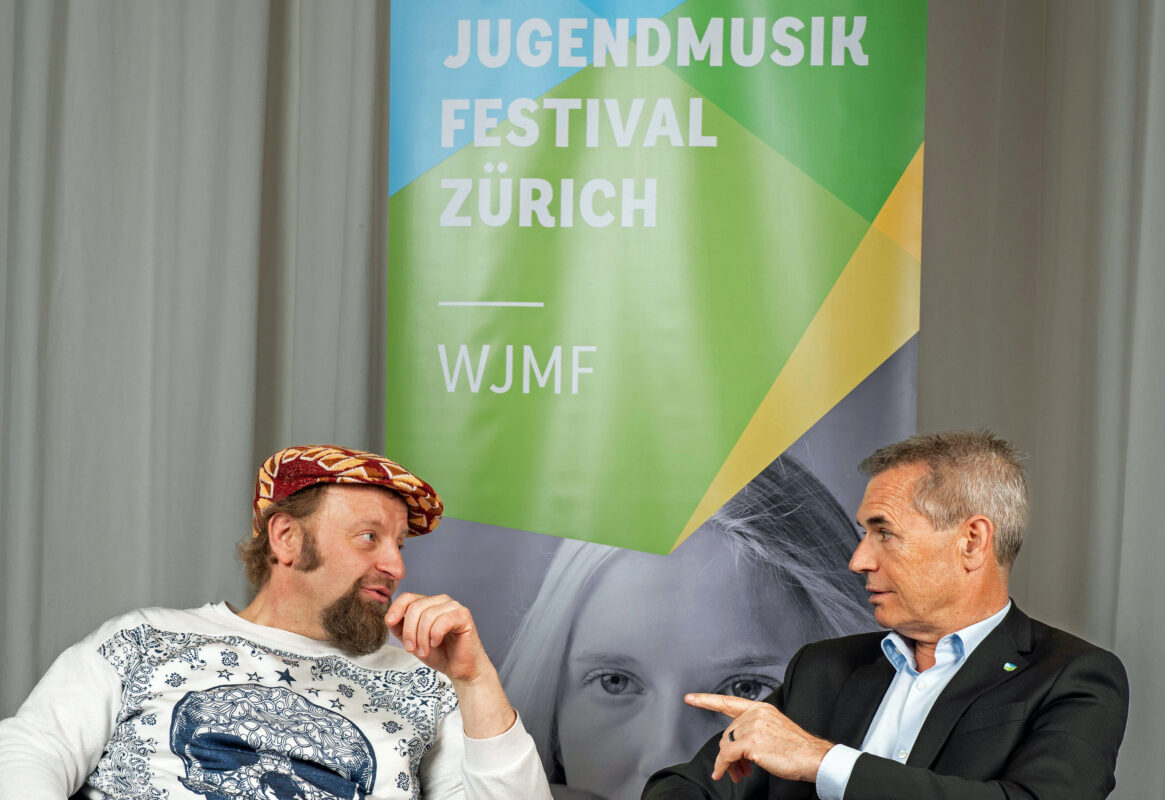The people behind the music styles
The fourth Norient Music Film Festival took the audience on a journey of discovery through the world's current musical phenomena. The focus was not only on cinematic moments.

"A good music film tells the audience a story and opens up a new world for them," explains Michael Spahr, co-organizer of the Norient Festival shortly after the end of the film nights at the Reitschul cinema in Bern. "Every year we receive dozens of submissions of music documentaries. Many of them follow the same TV pattern: Interview with the musician, concert excerpt and interview again. A real story is rarely told. But if the story is exciting, even the music portrayed can be boring," summarizes the video artist and journalist. The agony of choice seems to have paid off: The fourth festival edition of the Bernese online network for local and global music and media culture Norient from January 10 to 13 not only received a captivating media response in the run-up, it also impressed on the evenings themselves. And: it told stories that got under the skin.
Uncommented atrocities
In the disturbing movie Until the Light Takes Us (USA/Norway 2008), directors Aaron Aites and Audrey Ewell turn their attention to black metal, a musical genre of Norwegian origin that is unparalleled in its brutal and cold expression. With its loud and gloomy aesthetic, black metal is an alternative to the seemingly perfect model democracy of Norway. For the recordings, a headset is often used instead of a condenser microphone, the voices croak and scream. Everything should sound as bad as possible, as one musician describes the style in the film documentary. The niche genre came into the media spotlight in the early nineties. This was due to churches being burnt down, suicides and murders associated with Norwegian black metal groups.
Varg Vikernes, one of the film's two protagonists, has been in Trondheim's maximum security prison for over 20 years. With a tremendous calmness of mind, he talks about arson and the murder of his rival and expands on his right-wing extremist world view. The directors leave the deeply alienating statements uncommented and promptly reap criticism. Aaron Aites, who was present at the festival, replied: "I shouldn't have to comment on the fact that a murder is unacceptable, that speaks for itself."








